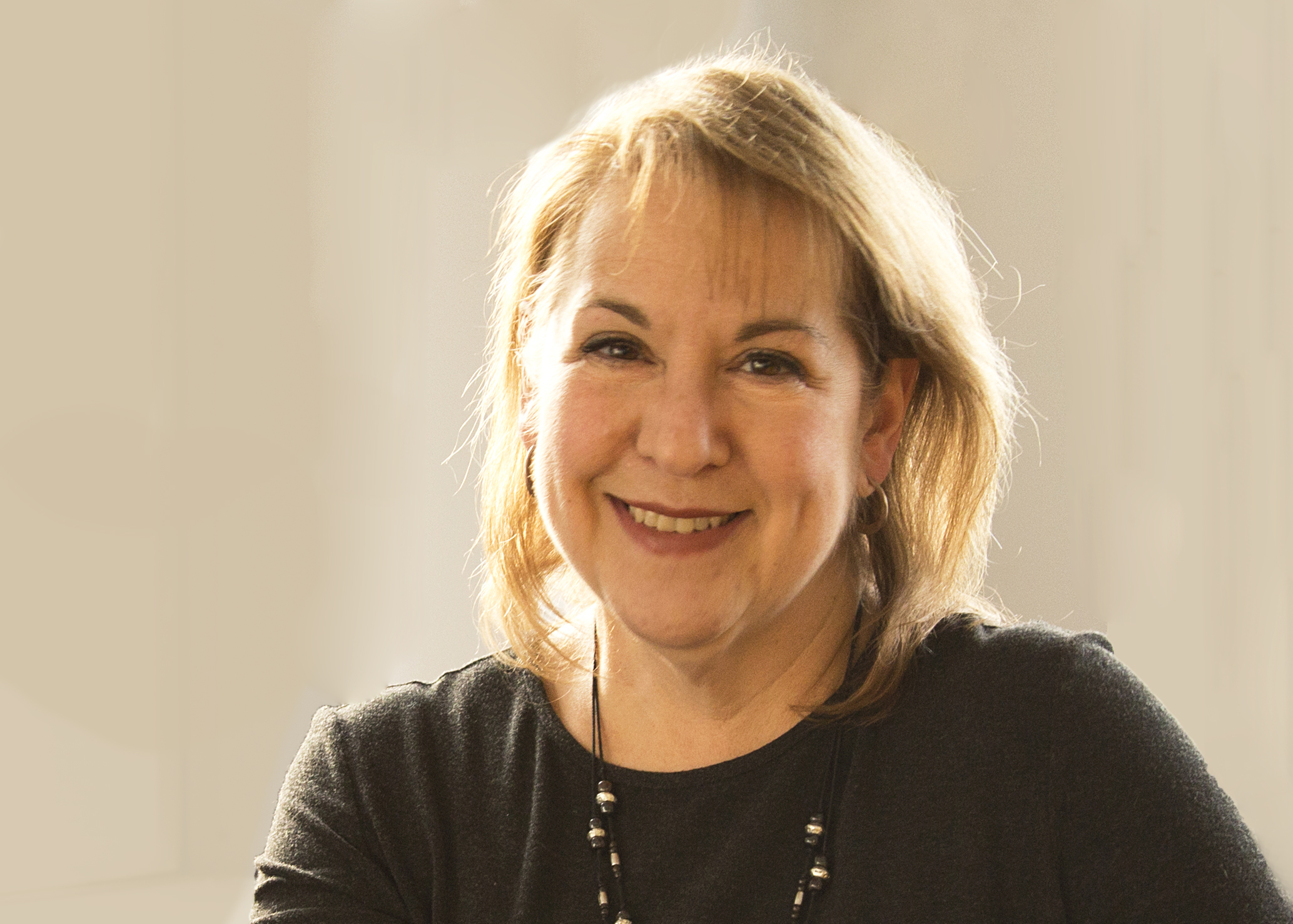Gen X? Challenges Lie Ahead as Retirement Nears
Tapping home equity and working longer are key strategies that can help overcome a savings shortfall.


Profit and prosper with the best of Kiplinger's advice on investing, taxes, retirement, personal finance and much more. Delivered daily. Enter your email in the box and click Sign Me Up.
You are now subscribed
Your newsletter sign-up was successful
Want to add more newsletters?

Delivered daily
Kiplinger Today
Profit and prosper with the best of Kiplinger's advice on investing, taxes, retirement, personal finance and much more delivered daily. Smart money moves start here.

Sent five days a week
Kiplinger A Step Ahead
Get practical help to make better financial decisions in your everyday life, from spending to savings on top deals.

Delivered daily
Kiplinger Closing Bell
Get today's biggest financial and investing headlines delivered to your inbox every day the U.S. stock market is open.

Sent twice a week
Kiplinger Adviser Intel
Financial pros across the country share best practices and fresh tactics to preserve and grow your wealth.

Delivered weekly
Kiplinger Tax Tips
Trim your federal and state tax bills with practical tax-planning and tax-cutting strategies.

Sent twice a week
Kiplinger Retirement Tips
Your twice-a-week guide to planning and enjoying a financially secure and richly rewarding retirement

Sent bimonthly.
Kiplinger Adviser Angle
Insights for advisers, wealth managers and other financial professionals.

Sent twice a week
Kiplinger Investing Weekly
Your twice-a-week roundup of promising stocks, funds, companies and industries you should consider, ones you should avoid, and why.

Sent weekly for six weeks
Kiplinger Invest for Retirement
Your step-by-step six-part series on how to invest for retirement, from devising a successful strategy to exactly which investments to choose.
Kerry Hannon is coauthor of Retirement Bites: A Gen X Guide to Securing Your Financial Future. She recently spoke to Kiplinger Personal Finance about the unique challenges facing Gen X — those born between 1965 and 1980 — as they try to save for retirement, as well as the generational strengths that will work in their favor.
Q: What is unique about the challenges that Generation X faces when it comes to retirement compared with other generations?
Hannon: The 64 million people in this generation, who range in age from 45 to 60, entered the workplace when traditional pensions were sliding out of view and 401(k)s were stepping onto the scene. In the early years, nobody really understood what a 401(k) was, and there was little assistance from your employer. And Gen X didn’t have the benefit of automated-participation features that are helping younger workers save earlier for retirement.
From just $107.88 $24.99 for Kiplinger Personal Finance
Become a smarter, better informed investor. Subscribe from just $107.88 $24.99, plus get up to 4 Special Issues

Sign up for Kiplinger’s Free Newsletters
Profit and prosper with the best of expert advice on investing, taxes, retirement, personal finance and more - straight to your e-mail.
Profit and prosper with the best of expert advice - straight to your e-mail.
They have also lived through a lot of economic upheaval that has dealt a blow to their retirement savings: the dot-com bust, the Great Recession, and then the pandemic. And many of them have a ton of credit card debt, more than any other generation.
Q: That’s a pretty bleak picture. Is there anything that’s working in their financial favor?
Hannon: Absolutely. All that economic upheaval has made them very resilient and self-reliant. We’ve seen them, in recent years, truly buckling down and starting to save more. They’re very entrepreneurial as well. This is a group who’s coming to understand the need to work longer than previous generations, and they’re already thinking about what they might do and what skills they need to add.
Another positive thing is that many Gen Xers have a lot of equity in their homes. It may not be money stashed away in a retirement account, but they have access to financial viability through home equity. And the younger Gen Xers, who are in their forties, may be beneficiaries of the great wealth transfer from the generation above them. That will help augment their retirement savings as well.
Q: What are the key steps Gen Xers need to take now to ensure a comfortable retirement?
Hannon: As they become empty nesters, Gen Xers will have more opportunity to become super savers and take advantage of things like the catch-up contributions that people 50 and older can make to their retirement accounts. It might also be a good time to pull some of that valuable equity out of their homes and relocate to a place where the cost of living is lower, maybe buy a home with cash so they have no mortgage. That would tee them up nicely for a more financially secure retirement.
Q: The oldest Gen Xers are close to being old enough to claim Social Security early, at age 62. Any advice about timing those benefits?
Hannon: We are collectively living longer lives. If you step out of work at age 62 or even age 65, you could have three decades or more to support yourself in retirement, and that is daunting. Of course, none of us knows how long we’ll live, so it’s a bit of a gamble. But if you keep working and hold off collecting benefits until age 70, or at least until full retirement age [age 67 for Gen X], that bigger check could be very helpful moving forward.
Q: Are there any practical or motivational tools you can recommend to help Gen Xers with this last big push toward retirement?
Hannon: One idea is to shift how you frame things. I always tell people, you’re not saving for retirement, you’re saving for your life, which means being able to spend more time with family, pursue hobbies you love, travel. I like the idea of visualization as psychological motivation for saving and managing money, literally creating a vision board about what you want your retirement to look like and letting yourself dream.
There are also so many great digital resources out there to help us run our numbers and make it easier to find a financial adviser — possibilities that weren’t there for previous generations. You do not have to do this alone. But you do have to do it: It is time for Gen X to get clear-eyed and serious about how to make sure their retirement is on track.
Note: This item first appeared in Kiplinger Personal Finance Magazine, a monthly, trustworthy source of advice and guidance. Subscribe to help you make more money and keep more of the money you make here.
Related content
Profit and prosper with the best of Kiplinger's advice on investing, taxes, retirement, personal finance and much more. Delivered daily. Enter your email in the box and click Sign Me Up.

An award-winning financial journalist and editorial leader, Diane Harris is currently deputy editor of Kiplinger Personal Finance, where she helps direct the magazine’s coverage of retirement, savings, taxes, credit, financial planning, family finance and other core personal finance topics.
With more than three decades of magazine and digital journalism experience, Harris is the former deputy editor of Newsweek, as well as the former editor-in-chief of Time Inc.’s Money magazine. Her work has also appeared in The New York Times, TIME magazine, AARP the Magazine and AARP.com among other publications.
-
 Dow Loses 821 Points to Open Nvidia Week: Stock Market Today
Dow Loses 821 Points to Open Nvidia Week: Stock Market TodayU.S. stock market indexes reflect global uncertainty about artificial intelligence and Trump administration trade policy.
-
 Nvidia Earnings: Live Updates and Commentary February 2026
Nvidia Earnings: Live Updates and Commentary February 2026Nvidia's earnings event is just days away and Wall Street's attention is zeroed in on the AI bellwether's fourth-quarter results.
-
 I Thought My Retirement Was Set — Until I Answered These 3 Questions
I Thought My Retirement Was Set — Until I Answered These 3 QuestionsI'm a retirement writer. Three deceptively simple questions helped me focus my retirement and life priorities.
-
 I Thought My Retirement Was Set — Until I Answered These 3 Questions
I Thought My Retirement Was Set — Until I Answered These 3 QuestionsI'm a retirement writer. Three deceptively simple questions helped me focus my retirement and life priorities.
-
 We've Reached Our $5 Million Retirement Savings Goal, but at 66, My Husband Still Doesn't Feel Ready.
We've Reached Our $5 Million Retirement Savings Goal, but at 66, My Husband Still Doesn't Feel Ready.We are 66 and have reached our retirement savings goal. Our plan is to travel, but my husband can't seem to let go of work.
-
 Aging in Place Can Be Bad for Your Health: This Financial Pro's Alternative Is a No-Brainer
Aging in Place Can Be Bad for Your Health: This Financial Pro's Alternative Is a No-BrainerWhy age alone in financial hardship when you can enjoy companionship — and share the costs of housing, groceries and health care — with a small community of friends?
-
 When It Comes to Retirement Planning, Be More Spock Than Scotty: It's Logical, Captain
When It Comes to Retirement Planning, Be More Spock Than Scotty: It's Logical, CaptainIf you're worried about your retirement, address the concerns in a logical sequence, talk honestly with your team and prepare to go boldly into the future.
-
 A 5-Step Guide to Getting AI to Give You Actionable Insight Rather Than Polished Nonsense
A 5-Step Guide to Getting AI to Give You Actionable Insight Rather Than Polished NonsenseAI can be a powerful specialist, but it can sound smarter than it is when it comes to understanding real-world stakes. That means you have to be the strategist.
-
 5 Side Gigs That Let You Travel the World in Retirement
5 Side Gigs That Let You Travel the World in RetirementEarn as you explore: High-flexibility side gigs that enable retirees to blend work and travel in 2026.
-
 Finances Not Going Anywhere? These 3 Steps Can Help You Find Your North Star
Finances Not Going Anywhere? These 3 Steps Can Help You Find Your North StarIf you're overwhelmed by financial planning, a long list of to-dos won't help. Find clarity by focusing on steps built around what's most important to you.
-
 10 Things to Know About Decluttering
10 Things to Know About DeclutteringYou’ve spent a lifetime amassing your stuff. Here’s how to get rid of it.